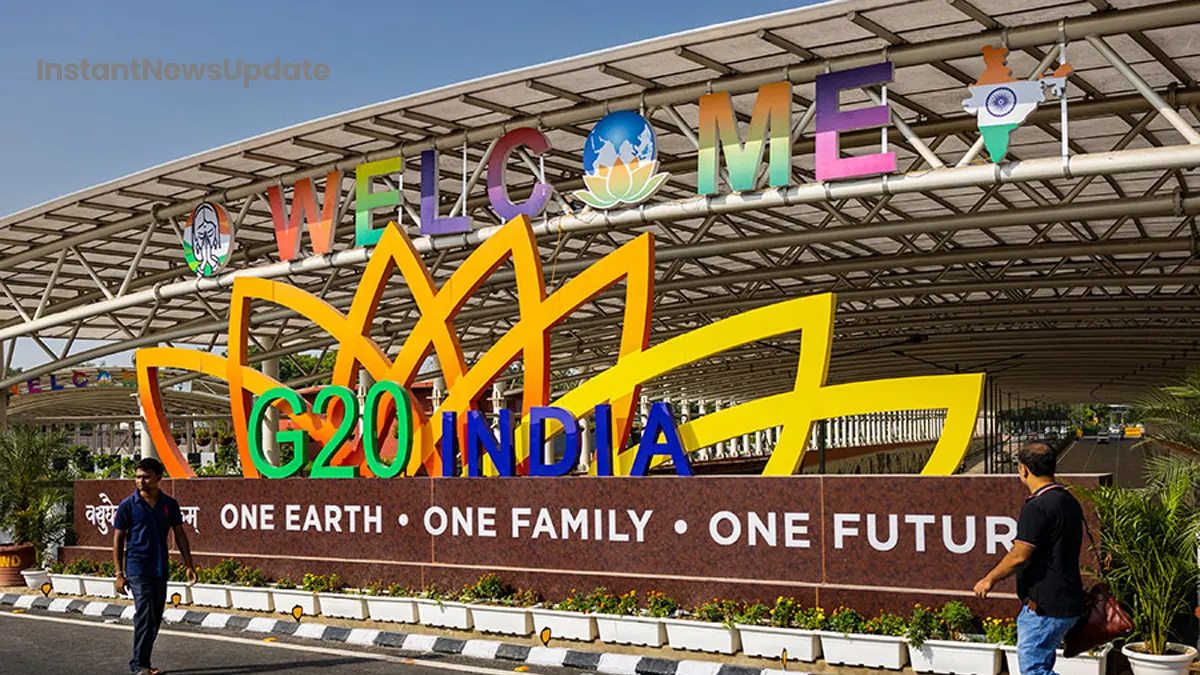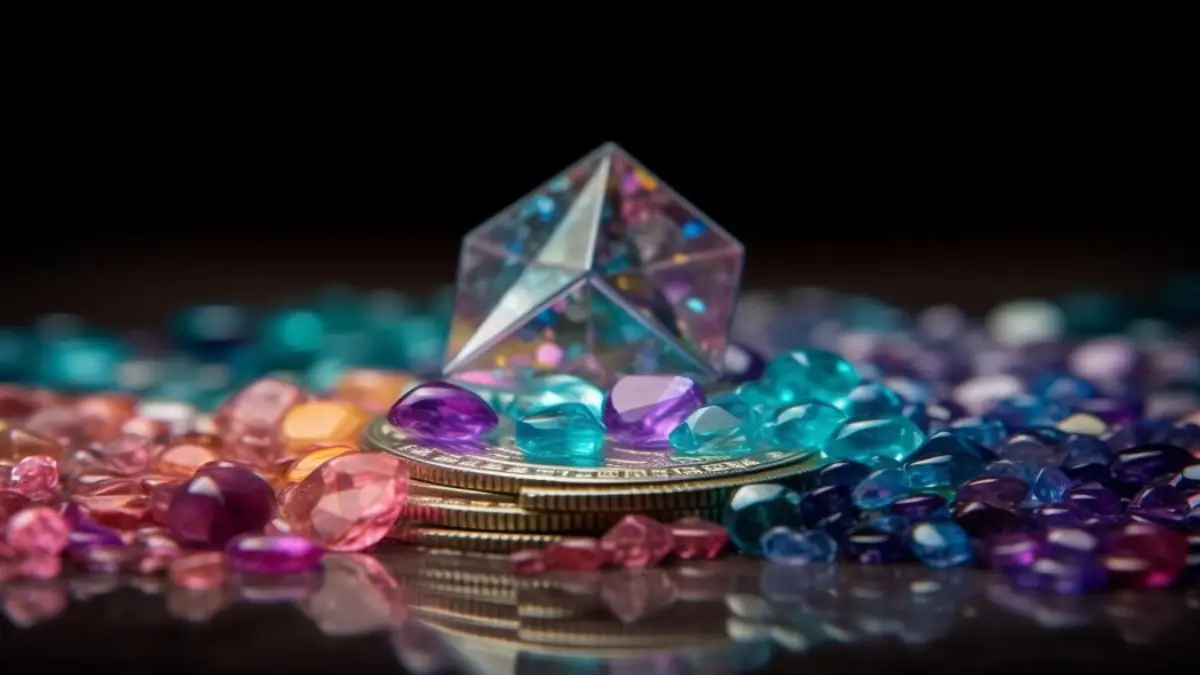India’s Prime Minister, Narendra Modi, emerged as a key player in international diplomacy as he successfully brokered a compromise among divided world powers at the recent G20 summit. Despite initial skepticism due to deep divisions within the group over Russia’s war in Ukraine, Prime Minister Modi was able to unite the G20 nations in a unanimous agreement.
Diplomatic Triumph
Modi’s diplomatic prowess was on full display as he secured a unanimous final agreement a day before the G20 summit concluded, with both Russia and China endorsing the declaration. This achievement was hailed by world leaders, with Rishi Sunak, the UK’s Prime Minister, calling it a “very strong” message. German Chancellor Olaf Scholz praised it as a “success of Indian diplomacy,” while India’s Foreign Minister, Subrahmanyam Jaishankar, affirmed that the declaration “responds to the situation as it stands today.”
The Content of the Declaration
The statement, though softer in tone compared to the previous year’s G20 communique, refrained from directly denouncing Moscow. Instead, it invoked the United Nations charter, emphasizing that “The geographical integrity, sovereignty, or political independence of any state must not be threatened or violated for the sake of territorial expansion by any state.” Importantly, this declaration was approved by every G20 member nation, marking a big diplomatic victory for India.
Differing Perspectives
Experts offered varying interpretations of the agreement, with some viewing it as a win for Russia and others as a success for the West. However, there was a consensus that it represented a foreign policy triumph for Modi as he strives to elevate India’s global influence.
India’s Growing Role
This diplomatic achievement reaffirms India’s role as a leader in the Global South. Analysts note that India’s statement embodies the voice of emerging nations and positions New Delhi as a leader within the context of strategic competition against Beijing. Modi’s diplomatic approach has solidified India’s status as a key player in international affairs.
Expanding Influence
In addition to the compromise on the European war issue, Modi announced the inclusion of the African Union as a permanent member of the G20 and made progress on other crucial issues important to developing nations in the Global South. This shift highlights the G20’s evolution into a truly global entity and underscores the importance of Western and non-Western powers working together to pursue shared goals.
The G20’s Role
The G20 summit coincided with Russia and China’s efforts to strengthen the BRICS group, consisting of Brazil, Russia, India, China, and South Africa. The absence of Russian President Vladimir Putin and China’s Xi Jinping from the G20 meetings allowed Modi and other leaders to promote their own ideas and goals.
Conclusion
As the summit concluded, India’s strong leadership was credited with preserving the G20 and creating an opportunity for Brazil, a fellow influential member of the Global South, to continue the organization’s work in addressing global challenges. Prime Minister Modi’s vision for a more cooperative and inclusive approach to international affairs has established India as a force to be reckoned with on the global stage.









